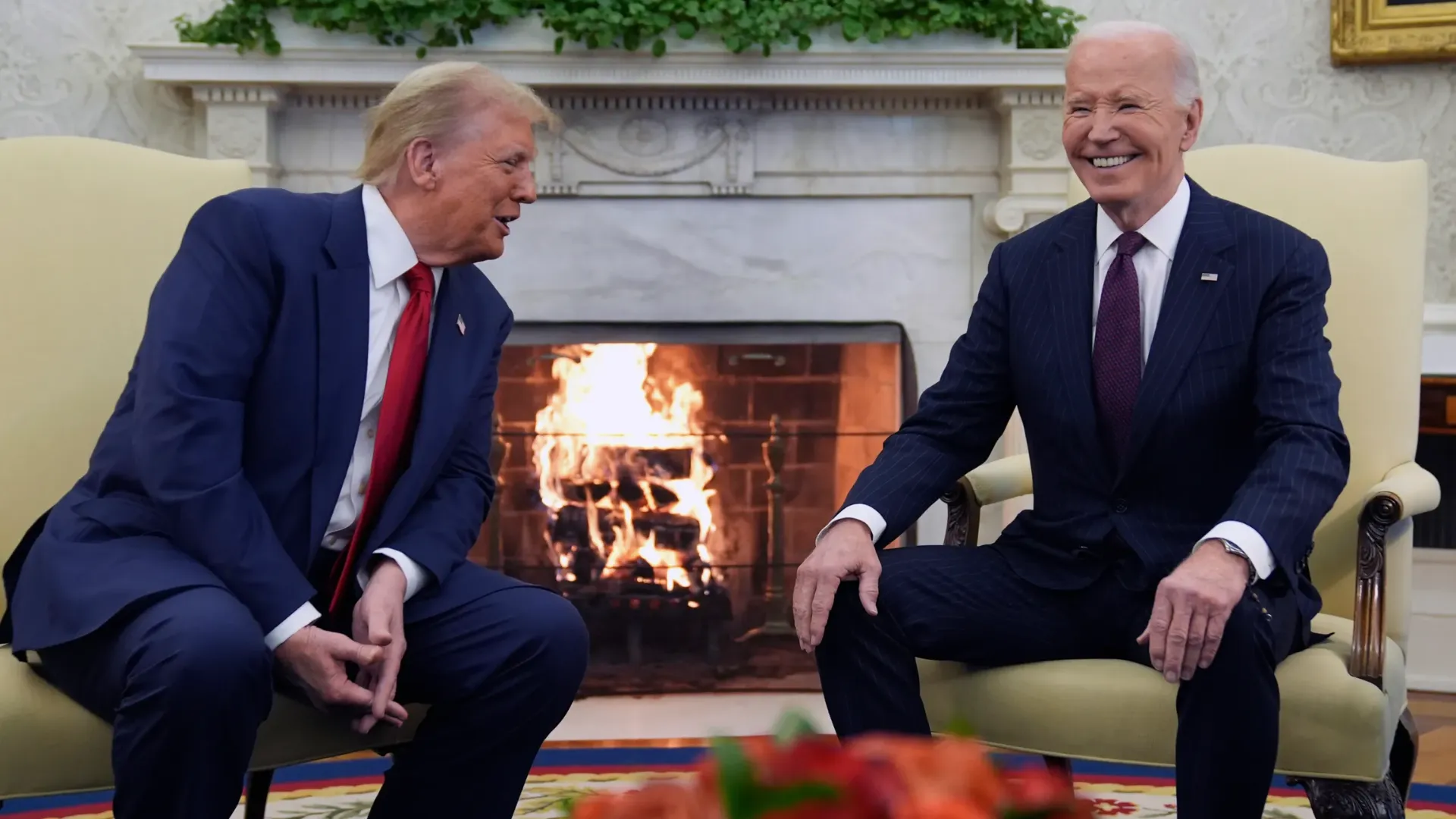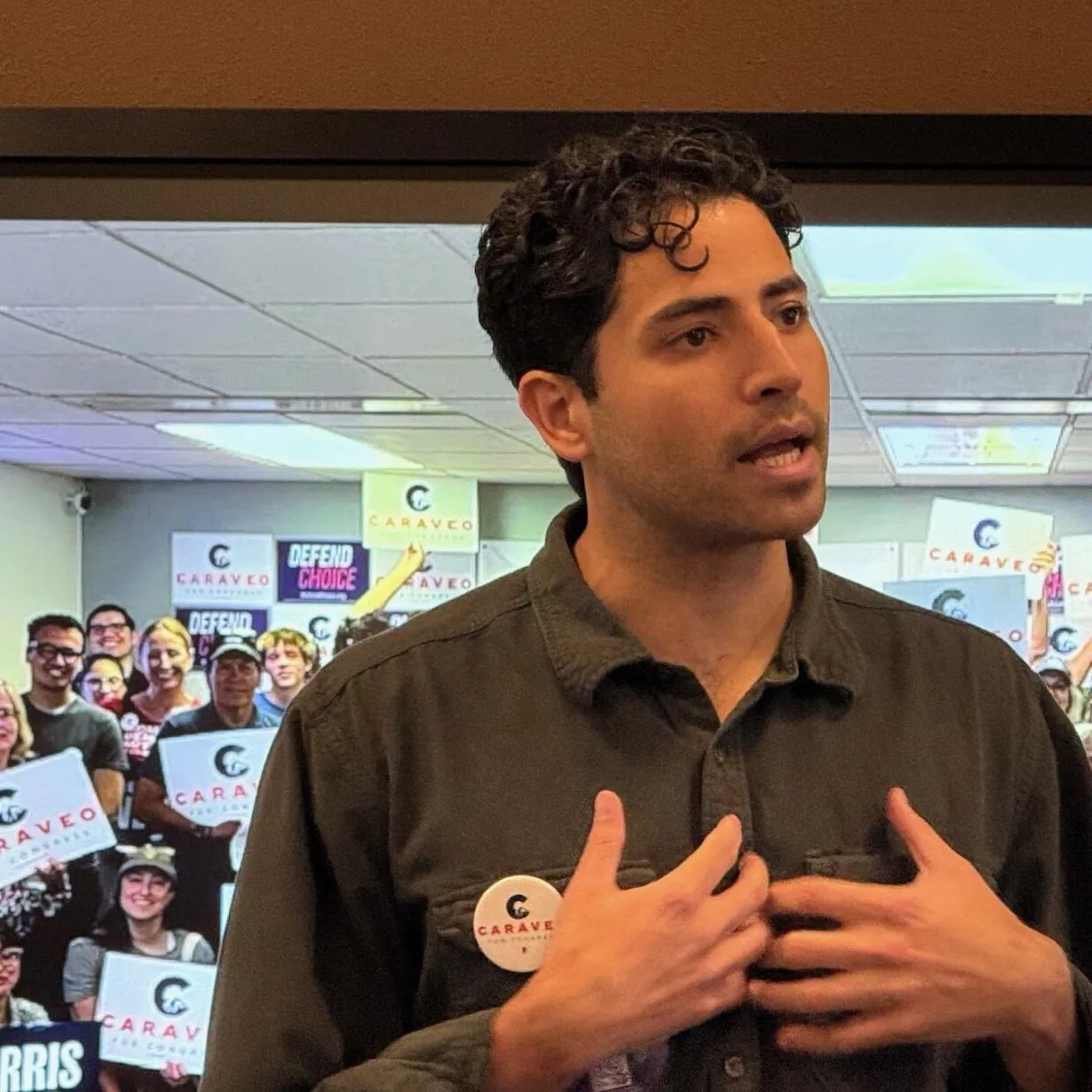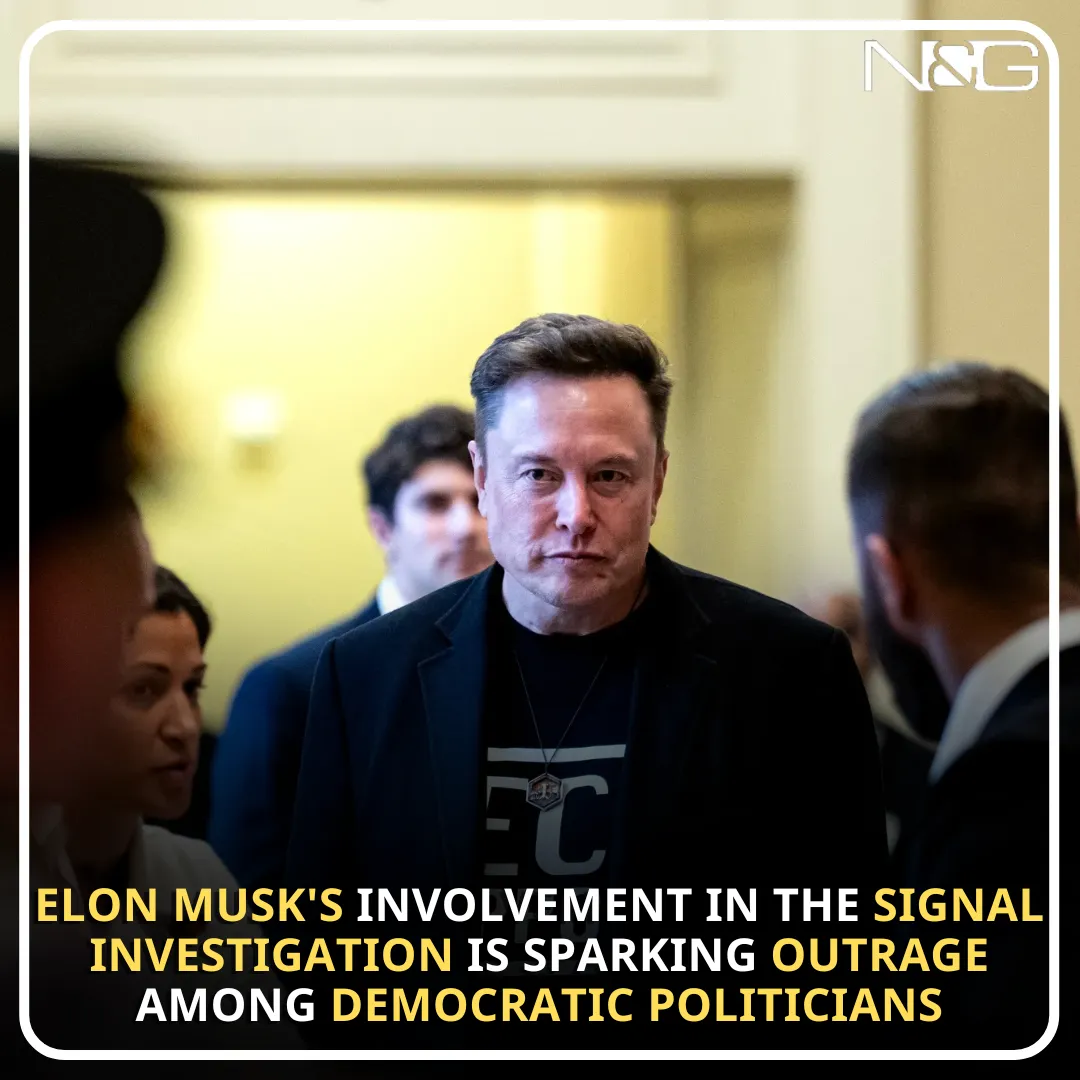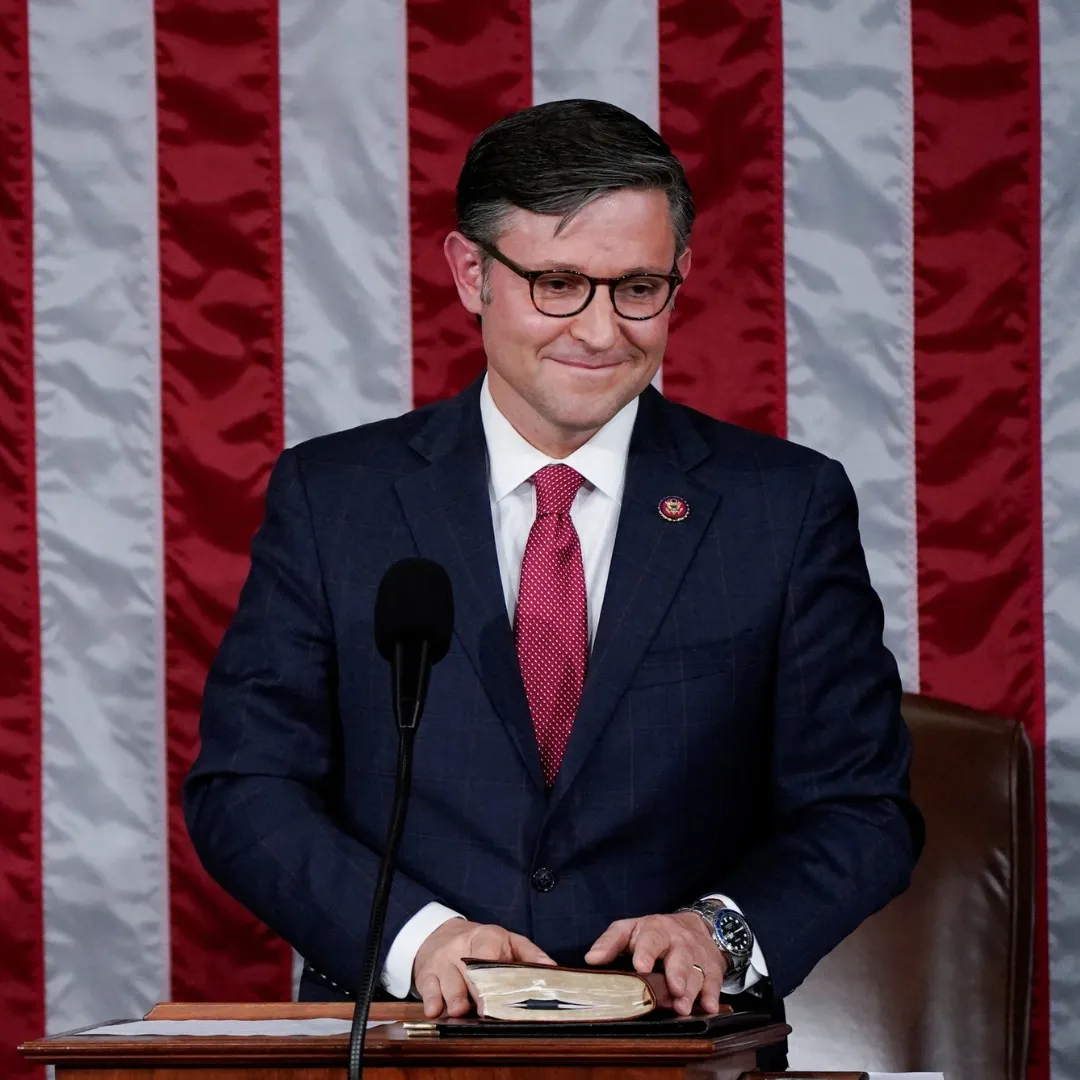
An important issue has emerged within journalistic ethics in the wake of the leak of a secret government Signal chat.
The inclusion of The Atlantic’s editor-in-chief Jeffrey Goldberg in this chat, which was later discovered by him to have been a mistake, has sparked a storm of debate.
However, one critical question has been largely overlooked: would it have been a bigger disaster if Goldberg had immediately left the chat upon realizing he had been inadvertently included? The public may never have been made aware of crucial national security discussions, and the full scope of the government’s actions might have remained hidden.
While it’s clear that the initial responsibility for including Goldberg in the group chat lies with the government official who made the error, it’s important to consider what would have happened if Goldberg had chosen to notify the government of the error and removed himself from the conversation as soon as he noticed it.
Would his decision to stay and expose the contents of the conversation instead have ultimately served the greater public good?
Let’s examine why Goldberg’s decision to remain in the chat was not only justified but, in fact, necessary for the public to have insight into the workings of our government.

When Goldberg realized he had been mistakenly included in a government chat about national security—one that included high-ranking officials like National Security Adviser Mike Waltz and others—there was immediate ethical tension.
Some would argue that a journalist of his stature should have removed himself from the chat immediately, citing the standard journalistic ethics of non-involvement in government operations and the responsibility to avoid any appearance of compromising objectivity.
However, upon deeper reflection, removing himself from the conversation could have caused greater harm.
By staying in the chat, Goldberg was able to document discussions on sensitive military operations, such as U.S. military plans concerning Yemen, which had direct consequences on national security and the future of U.S. foreign policy.
These discussions, if they had remained private, would have deprived the American public of an essential view into the thought processes of the current administration and its handling of critical military decisions.
Goldberg, being a journalist of high standing with the responsibility to inform the public, found himself in an awkward but essential position.

His presence in the chat became a window into the policies of an administration that, for better or worse, was pursuing controversial decisions that were not immediately visible to the public.
Had Goldberg left the chat immediately, the insights into how decisions were being made behind closed doors would have been lost.
If Goldberg had promptly removed himself from the conversation, the fallout could have been substantial. Without a first-hand account of the debate and the internal struggles within the administration, the public would have been left in the dark.
The leaked information provided essential transparency into how the U.S. government is navigating international military interventions, and how key figures within the Trump administration were approaching foreign policy challenges.
One of the central concerns raised by the chat was the clear difference of opinion among senior officials, especially Vice President JD Vance, who appeared to question the timing and necessity of strikes against Houthi rebels in Yemen.
Vance’s cautious approach, which included expressing concerns about the potential economic fallout and the inconsistency with the administration’s stance on Europe, was documented by Goldberg.

Had Goldberg left the chat, the public would not have been privy to these concerns, which could have been crucial for shaping future foreign policy debates.
The ethical dilemma here is whether it would have been better for Goldberg to follow the “rules” and remove himself from the conversation, or if staying in the chat, documenting what was said, and reporting it, was ultimately the more ethical choice.
By staying, Goldberg ensured that the conversation was exposed to the world, providing transparency and raising critical questions about U.S. foreign policy.
Transparency in government is crucial, particularly in matters of national security.
The inclusion of a journalist in this government chat allowed the public to see how decisions were being made regarding military operations, especially given that the Trump administration was exploring various strategies that could significantly affect U.S. military engagement around the world.
Had Goldberg left the chat, the consequences of not having this information would have been felt for years to come. The American public would have been left in the dark about key decisions, and it would have been far harder to hold the administration accountable.
National security decisions affect not only the military but the lives of everyday citizens. The ability to expose the deliberations of those making such decisions ensures that the administration remains accountable to the people.

In many instances, national security is handled in secret for good reason—sensitive information about military operations needs to be protected.
However, there is an equally important need for transparency, especially when those decisions involve the use of force, potential loss of life, and the broader geopolitical consequences of U.S. actions.
Goldberg’s decision to stay in the chat ensured that the public was aware of these discussions, allowing for an informed debate about the future of U.S. foreign policy.
Without his presence, we might never have known the concerns raised by Vance or the administration’s somewhat inconsistent stance on Yemen, Europe, and broader international alliances.
One key question that has been raised in the debate surrounding Goldberg’s decision to remain in the chat is whether he would have acted differently had the chat been part of the previous administration, one that he supported.
Would he have felt the same ethical responsibility to report on the contents of the conversation, or would he have removed himself in that context?
Given the deeply polarized nature of American politics, this question speaks to broader issues of journalistic objectivity. Journalists are often faced with ethical decisions that challenge their ability to remain neutral.

While Goldberg is known for his investigative work and commitment to exposing the truth, his decision to stay in the chat raises questions about whether a journalist’s political leanings influence their reporting decisions.
If Goldberg had been included in a conversation during the Obama administration, would he have been more likely to leave the chat out of loyalty to the administration? It’s a difficult question, but one that is important to consider when evaluating the ethics of his actions.
Ultimately, his choice to remain in the chat and report on the discussions demonstrates a commitment to transparency over partisanship, a decision that may have been difficult but ultimately in the public’s best interest.
Goldberg’s actions should be seen as a testament to the importance of journalistic integrity. While the ethical guidelines of journalism often stress the importance of impartiality, it is equally important to consider the role journalists play in holding those in power accountable.
By staying in the chat and ensuring the information was exposed to the public, Goldberg acted as a watchdog on government power, providing the American people with valuable insight into the inner workings of a high-stakes government decision.

Had Goldberg chosen to follow the conventional path and remove himself from the chat immediately, the public might never have known about the internal debate, the concerns over timing, or the contradictions between the administration’s stance on foreign policy in Yemen and Europe.
In an era where government transparency is increasingly under threat, Goldberg’s actions provide a rare moment of journalistic duty to inform the public.
In the end, the decision to stay in the Signal chat, though controversial, was ethically justified. By remaining in the conversation, Goldberg ensured that the American public was not deprived of crucial information about U.S. foreign policy.
The national security implications of the Yemen strikes, the differing opinions within the administration, and the broader concerns about America’s role in international conflicts are all vital to understanding the current state of U.S. foreign policy.
Had Goldberg immediately removed himself from the chat, the public would have been left unaware of these critical discussions.

In an age where transparency is increasingly scarce, Goldberg’s decision ensured that the public had access to information that otherwise would have remained hidden, allowing citizens to make informed decisions about the direction of U.S. foreign policy.



